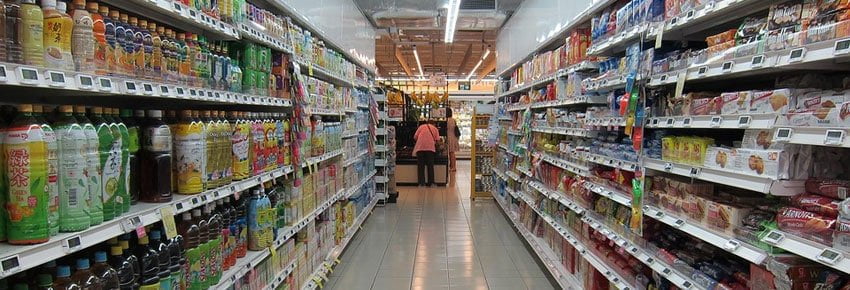News of the merger between Sainsburys and Asda, thought to cost billions, sent shock waves across the retail industry this week.
Initial fears were based around job losses, but concerns were also raised on fair competition as following the merger it is thought that Tesco and Sainsburys will control almost 60% of the UK grocery retail market.
The Federation of Small Businesses (FSB) has called on those involved in the merger to consider small suppliers caught up in the venture.
Mike Cherry, national chairman at the FSB said: “A merger of this size will concentrate a lot of power in the hands of one giant company, and it’s important that power isn’t misused to coerce small suppliers into accepting unfair contracts and poor payment terms.
“Those at the top of Sainsbury’s and Asda should explain how they plan to merge these two supply chains fairly and give reassurance that cost savings won’t be achieved simply by milking their small suppliers for all they’re worth.
“When investigating this proposed merger, the Competition and Markets Authority should be looking for cast-iron commitments that a positive standard will be set for working with smaller suppliers.”
The two supermarket giants also need to keep the needs of the customer at the forefront according to Jo Causon, CEO of The Institute of Customer Service.
She said: “The merger of Sainsbury’s and Asda is an interesting move – currently both supermarkets serve different markets and customer bases. Curious customers will look forward to seeing whether the new offering can serve them both, and what the key differentiator to other brands will be.
“With fierce competition amongst supermarket pricing and promotions, customers have a choice to switch or continue shopping in the same place. This is why service should be any supermarkets’ relentless focus as it can be the difference between loyalty or loss of customers.
“In the latest UK Customer Satisfaction Index, Sainsbury’s was rated the 39th highest-performing organisation, and Asda didn’t appear in the top 50 at all. With Aldi, Waitrose and M&S Food all ranking within the top 20, there is a clear window for the new merged retailer to shape a strong customer service strategy and earn its place amongst the ever-changing supermarket leaders for satisfying customers. Today’s increasingly-savvy consumers are hyperaware of the value of their custom, pushing retailers, rightly, to invest in customer service standards. This move should be no different. The merge should recognise, and be sensitive to, the needs and preferences of long-standing customers from both supermarkets as well as those interested in making the switch.”



